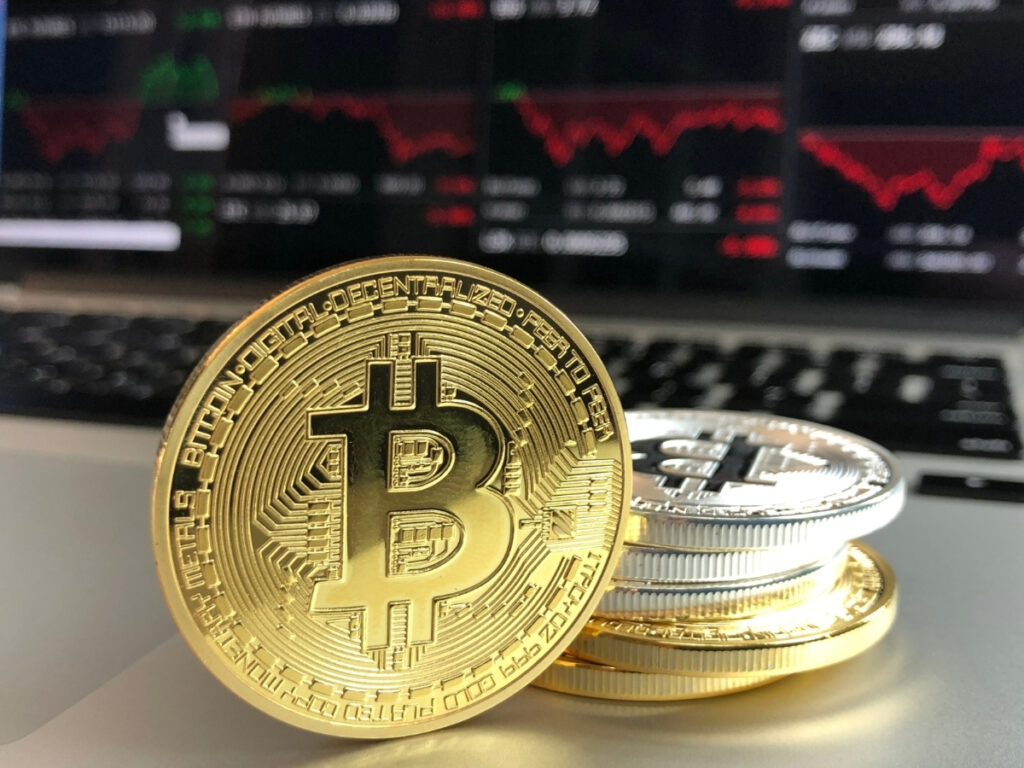Introduction
Cryptocurrency has emerged as a transformative force in the global financial ecosystem, offering decentralized, transparent, and efficient alternatives to traditional banking systems. As digital currencies gain prominence, they present a myriad of opportunities and challenges that stakeholders must navigate. Amidst this dynamic environment, Sidra Chain stands out by integrating Islamic financial principles into blockchain technology, aiming to provide ethical and inclusive financial solutions.
Advantages of Cryptocurrency
1. Decentralization and User Empowerment
Cryptocurrencies operate on decentralized networks, eliminating the need for central authorities like banks or governments. This structure empowers users with full control over their assets and transactions, fostering financial autonomy and reducing reliance on traditional financial institutions.

2. Enhanced Security and Transparency
Blockchain technology ensures that all transactions are recorded on an immutable ledger, enhancing transparency and reducing the risk of fraud. The cryptographic nature of these transactions provides robust security against unauthorized access.
3. Lower Transaction Costs and Increased Efficiency
Traditional financial systems often involve multiple intermediaries, leading to higher fees and slower processing times. Cryptocurrencies facilitate peer-to-peer transactions, significantly reducing costs and enabling near-instantaneous transfers across borders.
4. Financial Inclusion
With just an internet connection, individuals can access cryptocurrency platforms, making financial services more accessible to unbanked and underbanked populations worldwide. This inclusivity can drive economic growth in regions with limited banking infrastructure.
Challenges and Risks Associated with Cryptocurrency
1. Regulatory Uncertainty
The decentralized nature of cryptocurrencies poses challenges for regulatory bodies. The lack of standardized regulations across countries can lead to legal ambiguities and potential misuse.
2. Market Volatility
Cryptocurrency markets are known for their high volatility, which can result in significant financial losses for investors. This unpredictability can deter mainstream adoption and pose risks to financial stability.
3. Environmental Concerns
Certain cryptocurrencies, like Bitcoin, rely on energy-intensive mining processes, raising concerns about their environmental impact. The substantial energy consumption associated with these processes contributes to carbon emissions and environmental degradation.
4. Security Vulnerabilities
While blockchain technology is inherently secure, the broader ecosystem, including exchanges and wallets, can be susceptible to hacks and security breaches, leading to potential loss of funds.
Sidra Chain: Integrating Ethical Principles into Blockchain
Sidra Chain is a decentralized blockchain network designed to align with Islamic financial principles, offering Shariah-compliant financial solutions.
Shariah Compliance
Sidra Chain ensures that all transactions adhere to Islamic finance laws, prohibiting interest (riba), excessive uncertainty (gharar), and investments in haram industries such as alcohol and gambling. This ethical foundation differentiates Sidra Chain from many other blockchain platforms.
Decentralized Architecture and Smart Contracts
Built on a peer-to-peer architecture, Sidra Chain eliminates the need for centralized intermediaries, enabling faster and more transparent transactions. The platform supports programmable smart contracts that automate and enforce financial agreements while maintaining strict adherence to Shariah compliance.
Mobile Accessibility and Mining
Sidra Chain offers a mobile application that allows users to mine its native token, SDA, after completing Know Your Customer (KYC) verification. This mobile-first approach democratizes participation, especially in regions with limited access to traditional banking infrastructure.
Financial Inclusion and Ethical Financial Instruments
The platform supports a range of Islamic financial products, including Sukuk (Islamic bonds), Murabaha (cost-plus financing), and Zakat (charitable giving) allocations. By offering these instruments, Sidra Chain caters to the values of Muslim investors and institutions, promoting ethical investment and financial inclusion.
Conclusion
Cryptocurrencies present a transformative opportunity to redefine financial systems, offering benefits such as decentralization, enhanced security, and increased accessibility. However, challenges like regulatory uncertainty, market volatility, and environmental concerns must be addressed to ensure sustainable growth.
Sidra Chain exemplifies how integrating ethical principles into blockchain technology can create inclusive and compliant financial solutions. By adhering to Shariah law and focusing on financial inclusion, Sidra Chain provides a model for how cryptocurrencies can align with diverse cultural and ethical values, paving the way for a more equitable financial future.
